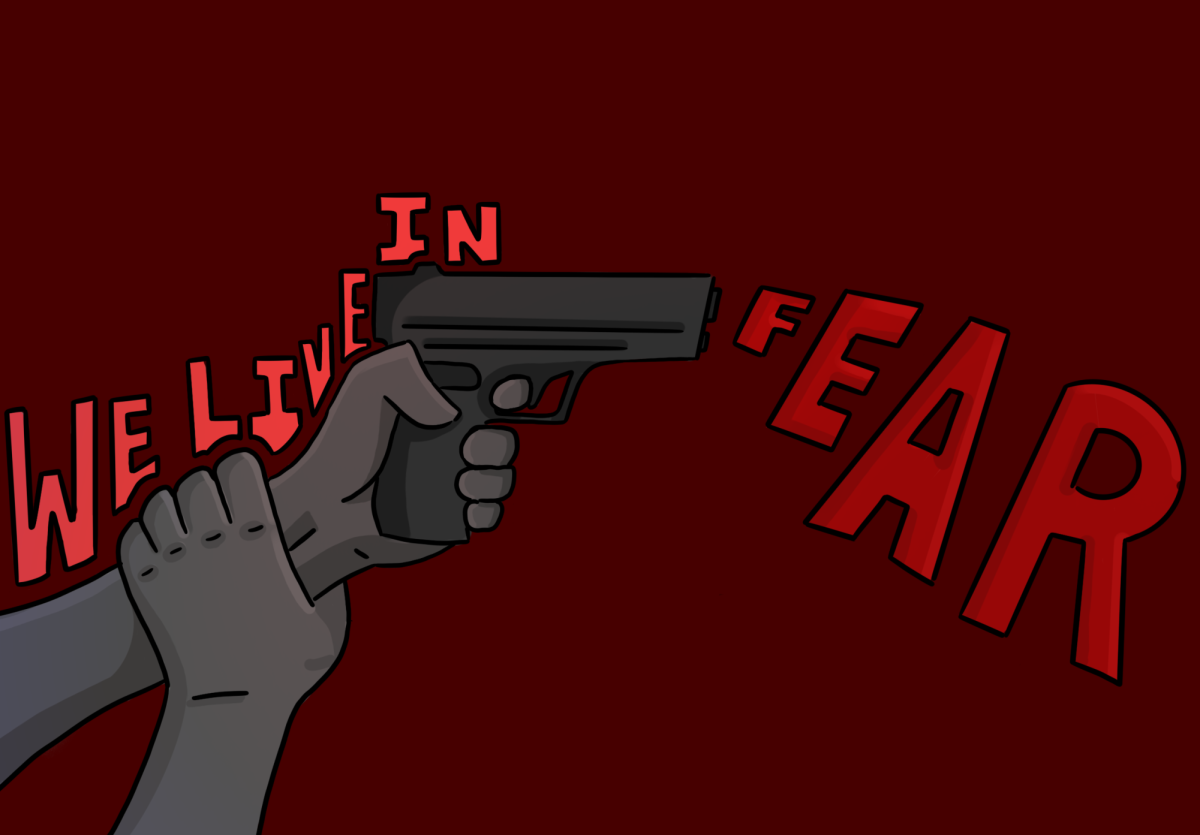Words, like most other teenage cultural expressions, go in and out of fashion. And though certain phrases we use on a daily basis can leave older generations perplexed, they are often harmless and insignificant. However, the increasing use of the weighted word “rape” as a casual slang term threatens to do much more than raise a few parental eyebrows.
The word “rape” is generally used by high school students either negatively, to represent mental or physical injury or damage, (“Wow, that math test totally raped me.”) or positively, to represent beating, winning, or acing something. (“Oh yeah, I just raped that math test.”).
The use of “rape” in such a casual way misrepresents the gravity of sexual assault. Rape is no laughing matter. In the United States, approximately 16 percent of women and three percent of men have been victims of attempted or completed rape. Fifteen percent of sexual assault victims are under 12. Sexual assault victims are three times more likely to suffer from depression and four times more likely to contemplate suicide than non-victims.
Therefore, the use of rape as a positive term is confusing and worrying. How can committing an act of rape be equated to winning or doing something well? There is nothing glamorous about rape, and nothing “cool” about committing sexual assault. The negative use of the word ”rape” is not much better. Losing a sports game or doing badly on a test is nowhere near comparable to being a victim of rape. Imagine how a victim of sexual assault would feel hearing the word thrown around so casually.
Sure, rape is not the only word used in this context. “Kill” has often been used in exactly the same way, and complaints about it are few and far between. The use of murder in this context, however, is not as problematic as that of rape. The two words, while perhaps interchangeable in a sentence, are different entities with different histories.
For the last several centuries, murder has been universally accepted as the horrible crime that it is. When a murder is reported, it is always investigated and taken seriously. Even young children know and understand that killing is wrong.
Rape, however, still has a long way to go in terms of awareness, understanding, and prosecution. Almost all rapists (94 percent) do not spend even a day in jail. On average for the past five years 60 percent of sexual assaults are not reported to the police. Even when a rape is reported, there is only a 50.8 percent chance of an arrest being made, and 31 percent of those convicted of a felony for rape will not spend time in jail.
In addition, rape prevention efforts and the recognition of marital rape as a crime did not come about until fairly recently, contrary to what one might assume. The first legally incorporated rape crisis center was not established until 1972. Every U.S. state had a marital rape exemption law, which stated that a husband raping his wife was not a crime, until 1975, when South Dakota became the first to remove it. The last state to remove this exemption, North Carolina, did not do so until 1992. Many countries today still do not view rape within marriage as a crime.
In just four decades, the United States has come a long way in terms of assistance for rape victims, education about rape, and prosecution of rapists. But there is still a long way to go in both our own country and others. We need to start by treating rape as the serious issue that it is. How can students in our generation understand the damage and severity of rape when it is thrown around in every other sentence? How can the 60 percent of sexual assault victims who do not report the crime to the police find the courage to do so when “rape” is used jokingly and treated as “nothing”?
I know that the students who use the word “rape” in a casual way usually do not mean anything by it. They do not condone rape or think that it is a good thing. I know that there have been times I’ve used the word more lightly that I should have. But in this case, intention doesn’t count. Even if you don’t think rape is insignificant or funny, using it as a slang term sends the message that you do.
There is nothing funny, glamorous, or casual about rape. Committing an act of rape does not make you cool, powerful, or superior. As high schoolers, we should know this. So why can’t our vocabulary reflect that knowledge?








